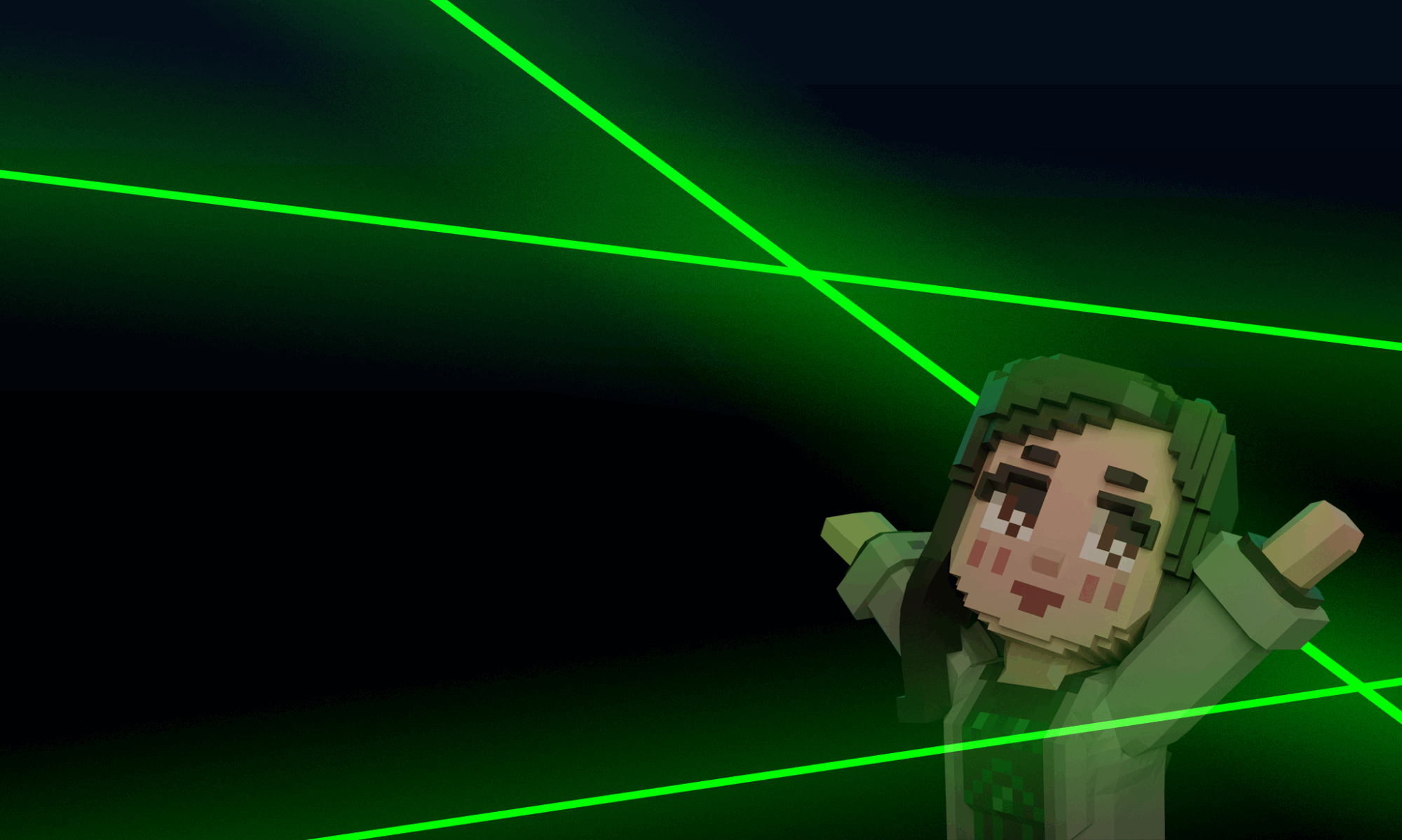Our interdisciplinary team consists of quantum science researchers and physics didactics experts from the field of quantum research, who work together to prepare subject content and transform it into game elements. Based on these ideas, our professional game developers program a playable app and other team members establish contact with the public. Together, we are working at full speed to develop and release a smartphone game to playfully introduce the fundamentals of quantum physics.
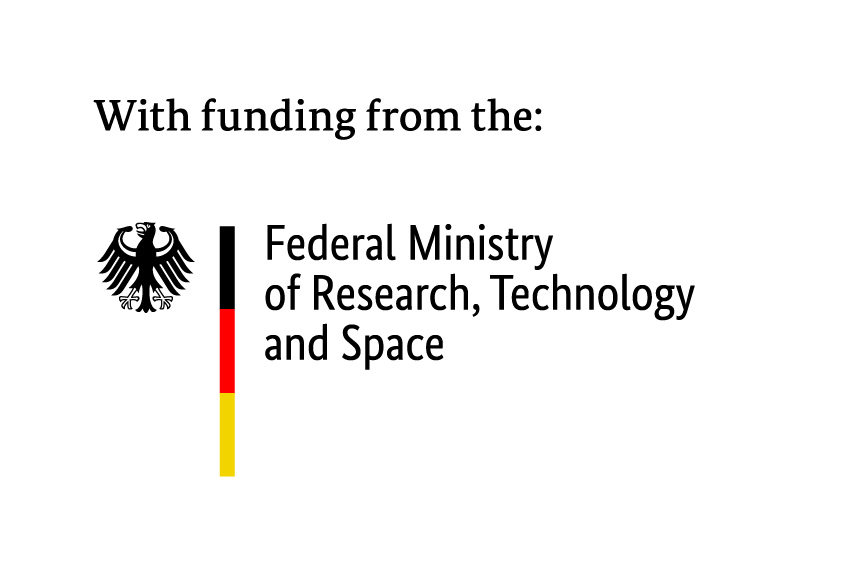
Funded by the Federal Ministry of Research, Technology and Space (BMFTR, formerly BMBF) via the Quantum Aktiv programme, the project partners Ludwig-Maximilians-Universität München, Technische Universität München and Max Planck Institute of Quantum Optics, together with Munich Quantum Valley and the Munich Center for Quantum Science and Technology, are developing an adaptive-hybrid smartphone game on second-generation quantum technology as part of GALaQSci.
 Project partners
Project partners
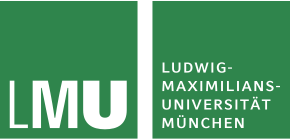
As one of Europe’s leading research universities, Ludwig-Maximilians-Universität München (LMU) is committed to the highest international standards in research and teaching. The expertise and creativity of LMU academics form the foundation for the university’s outstanding research performance. This is also reflected in LMU being honoured as a ‘University of Excellence’ as part of the nationwide Excellence Strategy for the promotion of top-level university research.
The Chair of Didactics Education at LMU is concerned with teaching and learning research in the context of physics education. One focus of its work is the development of new teaching methods in which digital media (e.g. smartphones, tablets) and future technologies (e.g. augmented reality) are used. Empirical studies are carried out to determine the framework factors for effective teaching and learning and to analyse the impact of the use of such media. These include a broad methodological spectrum and the use of product- and process-based instruments (e.g. subject-specific and interdisciplinary questionnaires or physiological methods such as eye tracking).

With its character as an ‘entrepreneurial university’, the Technical University of Munich (TUM) is one of the strongest and most innovative universities in Europe in terms of research. It offers a broad range of subjects in engineering, computer science, natural sciences, life sciences, medicine, economics and social sciences and utilises this enormous potential by combining the disciplines in a particularly intensive and intelligent way. In this way, it successfully opens up new areas of science, from bioengineering to artificial intelligence. At the same time, it answers the social, ethical and economic questions of technological change.
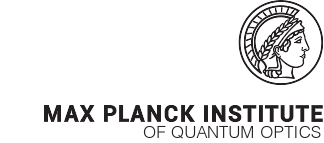
The Max Planck Institute of Quantum Optics (MPQ) is an international research institute that focusses on innovative questions in quantum optics. Leading quantum researchers from all over the world come together here. Their common goal is to investigate the interaction of light with quantum systems and to utilise these results for the development of new technologies. This results in broad expertise on quantum phenomena in general and various current quantum technologies in particular. In addition, the MPQ has already gained some experience in the didactic teaching of quantum science in school classes (for example in the PhotonLab).
 Further partners
Further partners
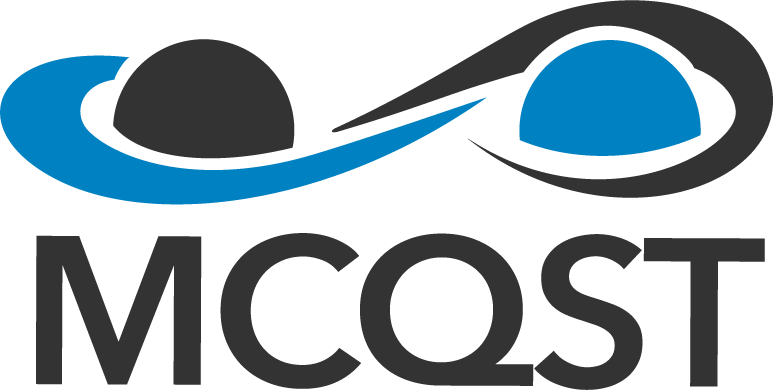
In the Cluster of Excellence ‘Munich Center for Quantum Science and Technology‘ (MCQST), scientists from various disciplines work together to research all aspects of quantum science, from the fundamentals to practical applications. The aim is to understand quantum effects such as entanglement and utilise them for technologies such as highly sensitive sensors, tap-proof communication and quantum computers. Another aim is to promote education in quantum science, inspire young talent and make research and its results accessible to the general public.

Munich Quantum Valley (MQV) promotes quantum science and quantum technologies in Bavaria with the primary goal of developing and operating competitive quantum computers. It connects research, industry, research funding and the public. Munich Quantum Valley supports an efficient transfer of knowledge from research to industry by establishing a network with international reach and offers educational programmes for schools, universities and companies. An essential part of the work is also the communication of quantum technology content and knowledge to the general public.
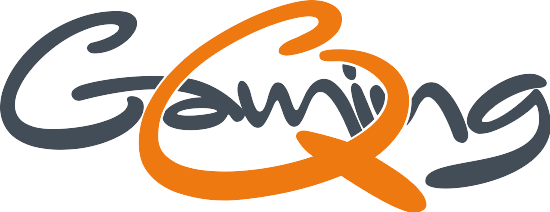
Quantum Gaming is an artificial intelligence (AI) start-up specialising in the computer games industry. The company offers new, educational and immersive gaming experiences by developing customisable and adaptive game characters. As a spin-off from the University of Tübingen, Quantum Gaming combines cutting-edge research with practical AI solutions. Based on its own award-winning fundamental research, the company develops an AI development platform for games and thus customised solutions for business customers. At the same time, Quantum Gaming develops its own games and technology demonstrators that appeal to both end users and professionals from other industries.

Studio Merkas e.U. is a games studio from Stuttgart and develops virtual reality (VR), augmented reality (AR) and gamification applications for small and medium-sized companies, corporations, research organisations and technology suppliers. The eight-strong team specialises in game production, which includes programming, game design, art and graphics development, audio and sound design as well as testing and quality assurance. In addition to his studio activities, the managing director, Nikola Merkas, also works in the field of adult education and as a VR specialist for neuroscientific applications at the Swiss Federal Institute of Technology (ETH) in Zurich.
